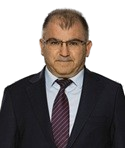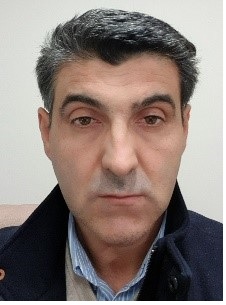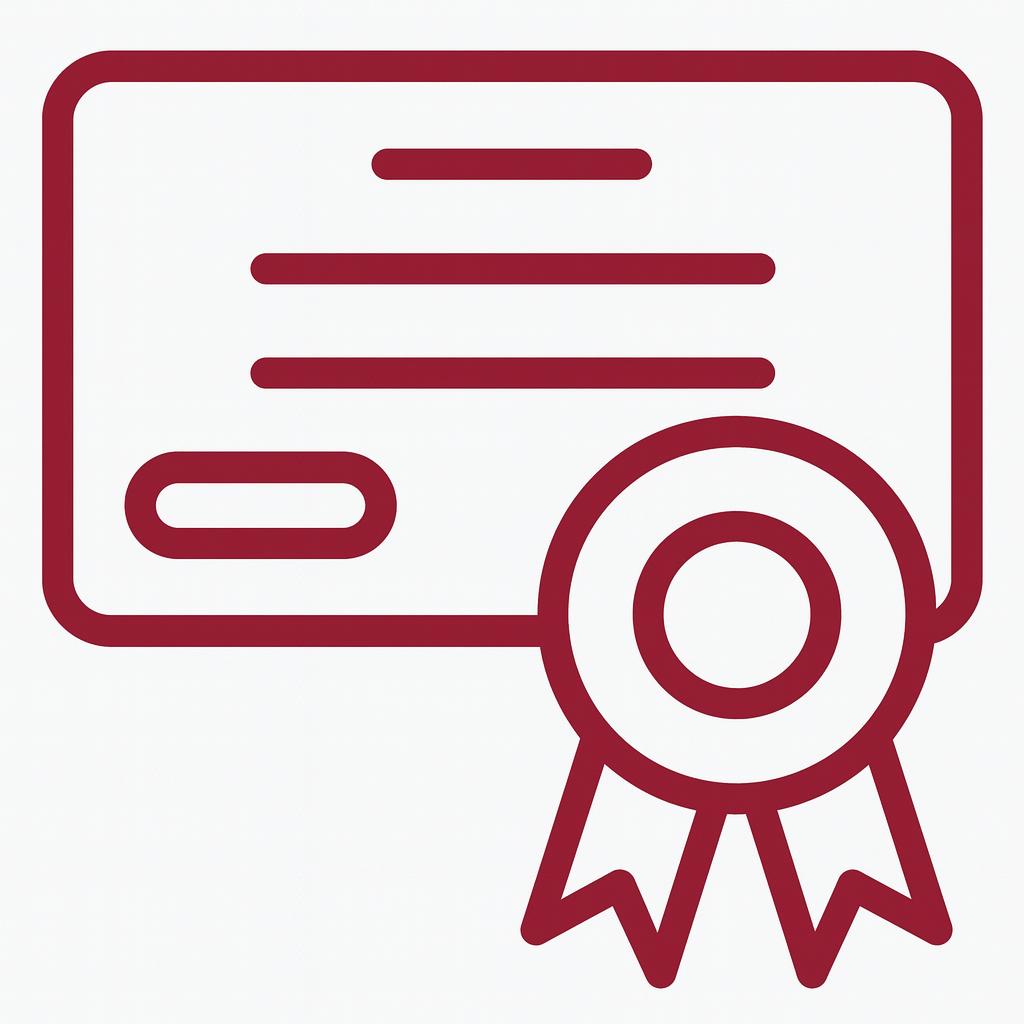

Education Program Consultant
Prof. Dr. Şaban Tekin is a senior medical biologist with international academic training and over 30 years of research and teaching experience. He brings high-level expertise in molecular biology, interdisciplinary research, and education program development at university and international levels.

Head of Erasmus+ Training Programmes
Mihaela Cojocaru is a lecturer at George Bacovia University and an experienced project trainer in EU-funded education programs. She brings over 20 years of expertise in teacher development, institutional management, and international training delivery.

Education Program Consultant
Dr. Aysel Kılıç is a senior ELT specialist and CELTA trainer with over 30 years of academic experience at Anadolu University. Her international teaching and training background across Europe, Asia, and Africa reinforces her expertise in global education programs.

Education Program Consultant
Leyla Kemal is a native English speaker with a BA (Hons) from the University of Kent. Her expertise in communication, client relations, and international project management strengthens her work as an education program consultant.
















Followers
Classes Complete
Student Mobility Participants
Certified Teachers


Each course is designed with clear outcomes and real value for your professional growth.

Schools and educators trust us for reliable training and long-term cooperation.

From registration to certification, we take care of every detail with professionalism
Please fill out the form below to stay updated on our latest officially confirmed courses and updates. Thank you for subscribing!